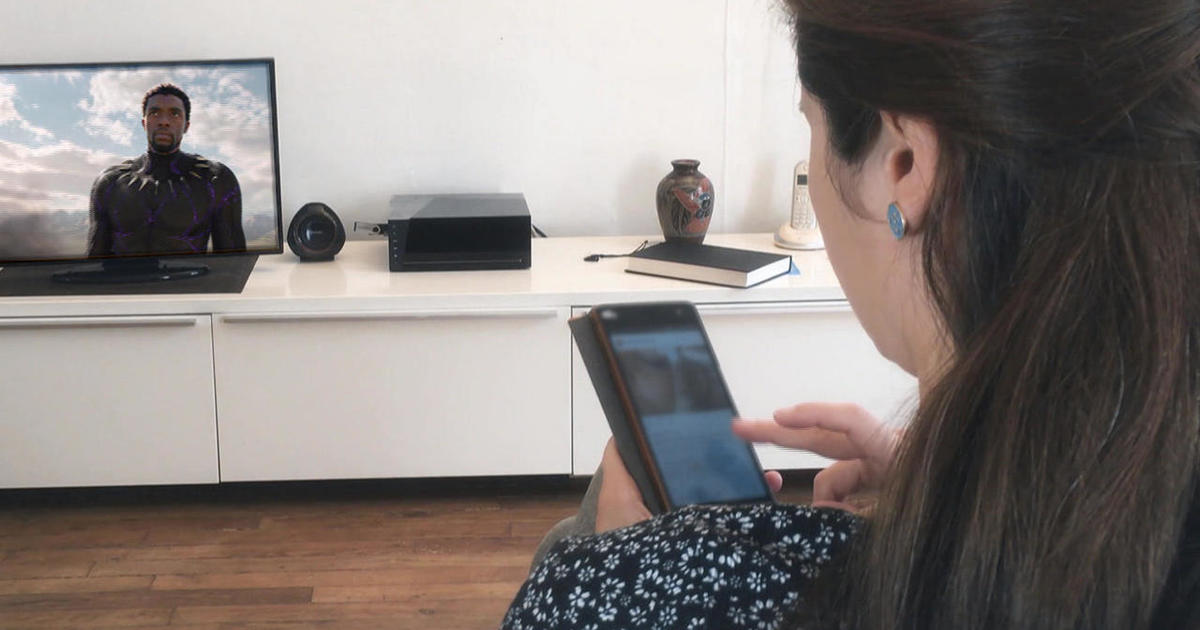Is Technology Ruining Our Attention Spans?
It seems like our attention spans are shrinking. The most downloaded app in the world is TikTok, where short video clips dominate. Newspaper articles are getting shorter, and movies have shorter shots. Young people are multitasking with multiple devices, always connected. But is this a problem?
Counselor Lauren Barnett and her daughters, Zoe and Sasha, are no strangers to the multitasking lifestyle. They always have their phones with them, even when watching TV or doing work on their computers. Sasha admits to having a short attention span, struggling to sit through long classes.
Scientific research supports the idea that attention spans are getting shorter. Gloria Mark, an attention researcher at the University of California, Irvine, discovered that people used to average two-and-a-half minutes of attention on a screen in 2003. Now, that attention span has decreased to just 47 seconds. This has consequences, such as increased stress and decreased productivity.
So, why are attention spans dwindling? Technology is the main culprit, with phones, social media, and texting captivating our minds. Screen Time settings on iPhones reveal just how often we unlock our phones, as Sasha discovered with her 236 pickups in a day.
However, not everyone believes that attention spans are actually changing. James Cutting, a psychology professor, points out that tasks requiring intense focus can still be achieved for extended periods. He mentions TSA baggage scanners and teenagers engrossed in gaming as examples of impressive attention spans.
Movies have also evolved, with shorter shots becoming the norm. But Cutting argues that this is due to our increased visual acuity and familiarity with the language of film, rather than shorter attention spans. In fact, movies are getting longer overall.
It’s clear that technology is here to stay, shaping every aspect of our lives. Barnett acknowledges that technology is essential for jobs and education. However, she believes that our well-being is negatively affected by the constant connectivity and increased productivity. It’s a dilemma that needs attention.
But rather than throw away technology, we need to learn how to live with it. Gloria Mark suggests two tips for staying focused. First, analyze why you feel the need to switch tasks and find ways to overcome boredom or procrastination. Second, visualize yourself at the end of the day, having accomplished your goals. This concrete image can motivate you to stay on track.
Ultimately, every generation worries that technology will ruin the next one. But the impact of technology on attention spans is not entirely negative. It’s just different. Productivity may increase, but well-being is at risk. Understanding this dilemma will help us adapt and find a balance in the digital age.
Denial of responsibility! Vigour Times is an automatic aggregator of Global media. In each content, the hyperlink to the primary source is specified. All trademarks belong to their rightful owners, and all materials to their authors. For any complaint, please reach us at – [email protected]. We will take necessary action within 24 hours.


